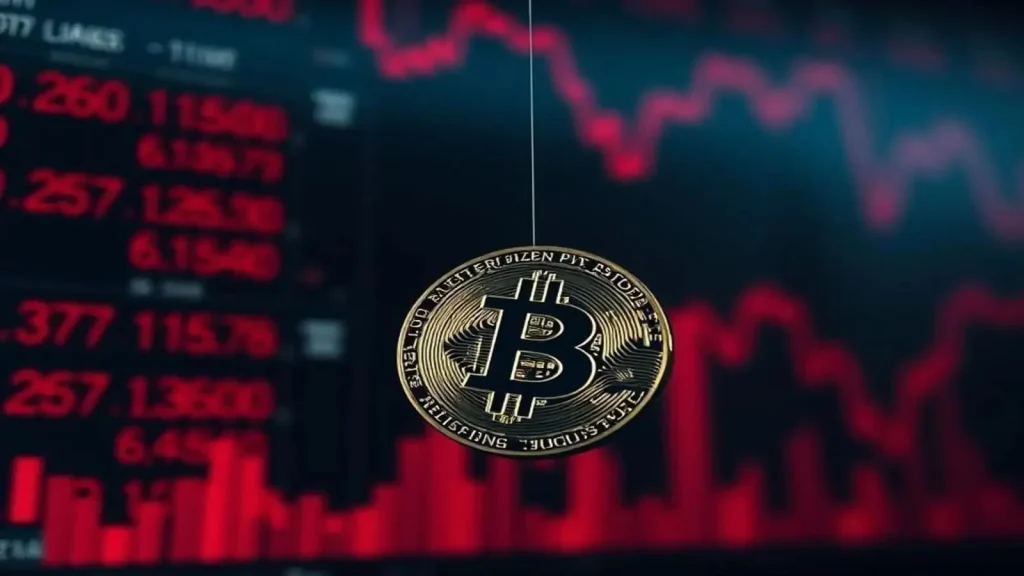As the holy month of Ramadan begins in Niger, many citizens are facing rising costs, making it harder to buy basic items. The country’s economy is in bad shape after a power shift and an embargo by neighboring countries that lasted almost eight months.
Although the embargo was lifted just before Ramadan, the economic struggles continue. Everyday essentials like rice, sugar, oil, and milk, which are important during Ramadan, have become too expensive for many people.
Kadidja Bagnou, a resident of Niamey, shared her experience at the local market.
She wanted to buy sugar but couldn’t afford it, and her situation is like that of many others struggling with rising prices.
She called on the government to help lower the cost of goods, showing the desperation many are feeling.
Another resident, Soumana Adamou, expressed frustration about the high price of rice, which is a key food in Niamey. The difference between today’s prices and what people used to pay shows how much pressure household budgets are under.
The economic issues are mostly due to the military government’s difficulty in getting enough goods to the market.
The problems caused by the embargo and the government’s inability to handle the economy have left many people in financial hardship.
Business owners, like Elhadj Yacouba Dan Maradi, also mentioned the delays and challenges in transporting goods, particularly through the Togo corridor that passes through Burkina Faso, which further worsens the supply problems and raises prices.
As Ramadan begins, Niger’s citizens are not only fasting but also dealing with tough economic conditions caused by political instability.























